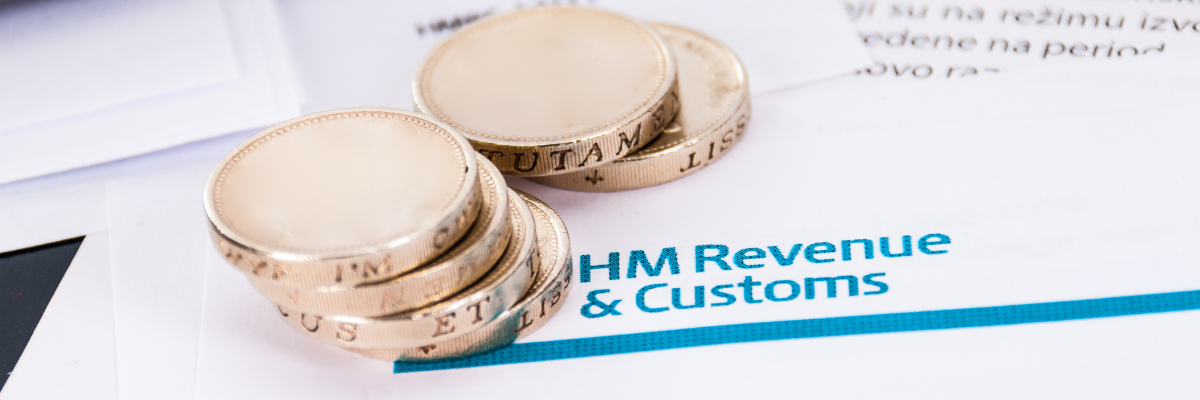VAT Debt
If a business is experiencing financial troubles surrounding VAT payments, this is an indicator that the business is likely insolvent, or fast approaching a state of insolvency.
It is crucial that if your company is struggling to uphold its VAT commitments you seek help from a licensed Insolvency Practitioner immediately. If a company continues to trade once it has reached insolvency company Directors can often become liable for the outstanding company debts.
